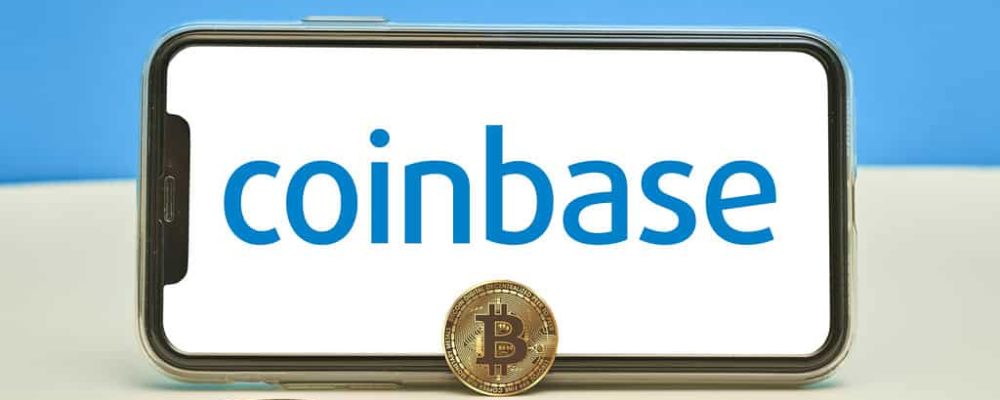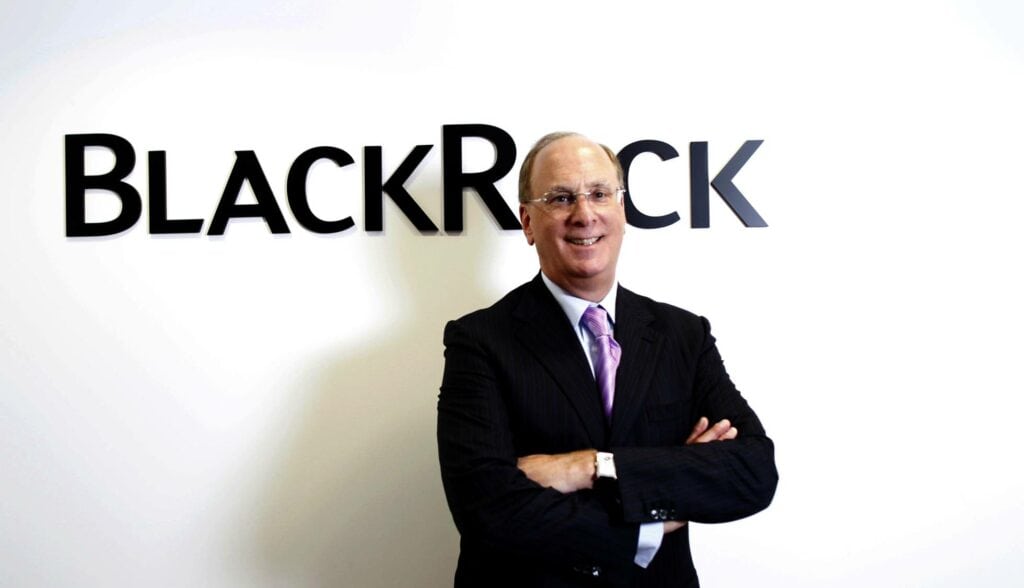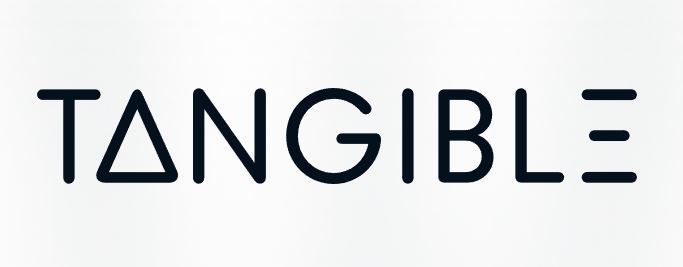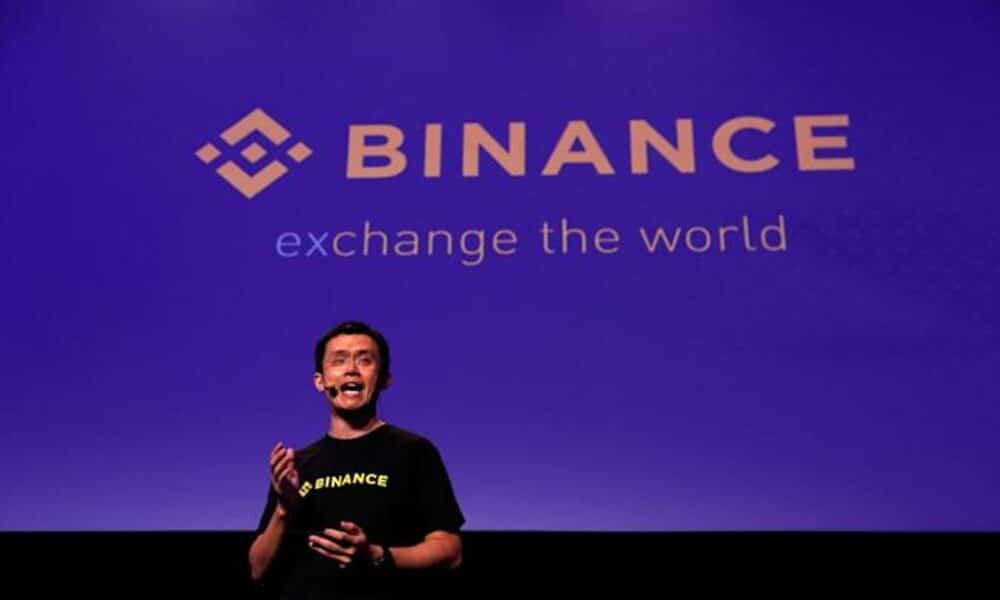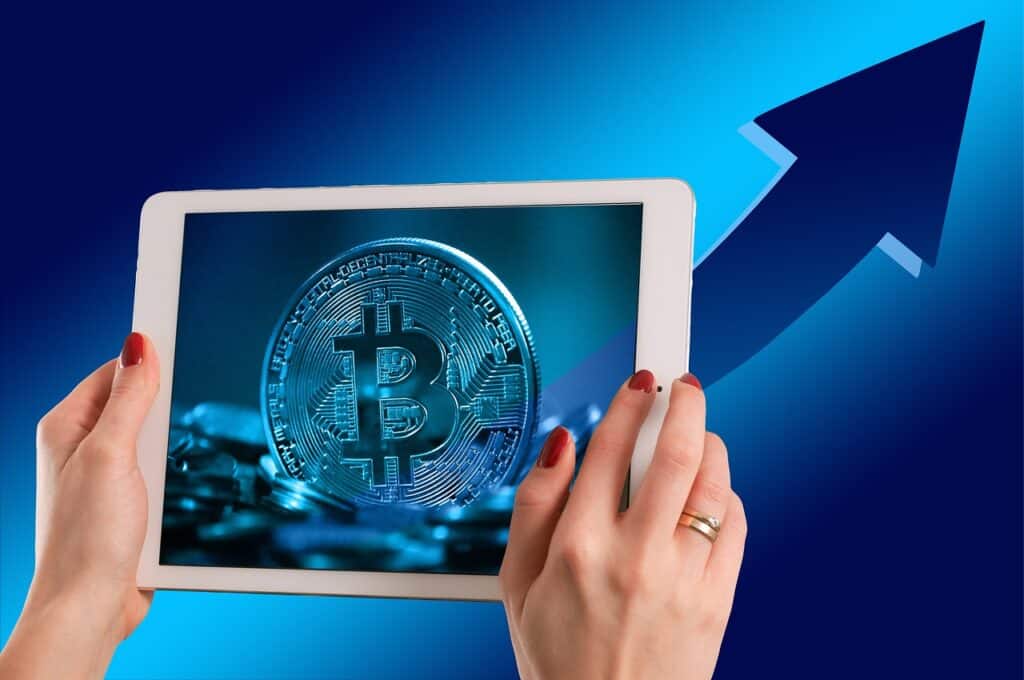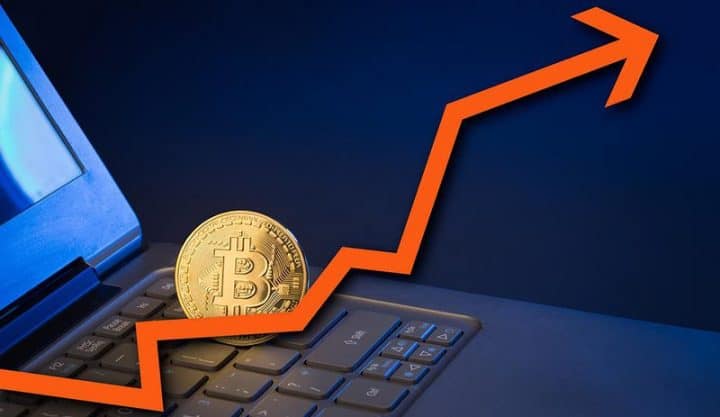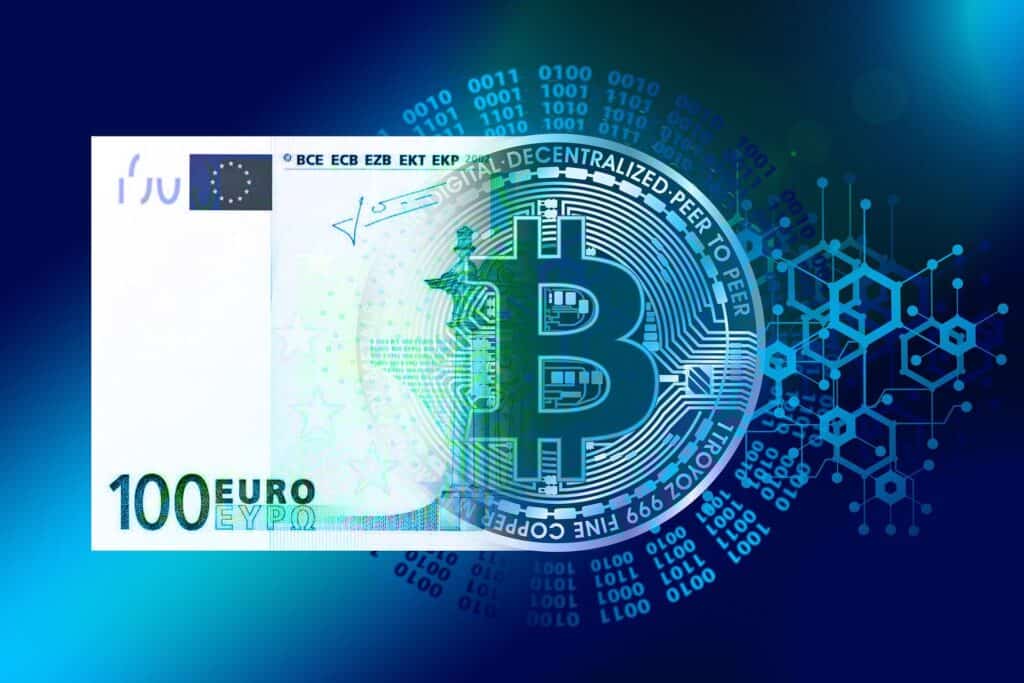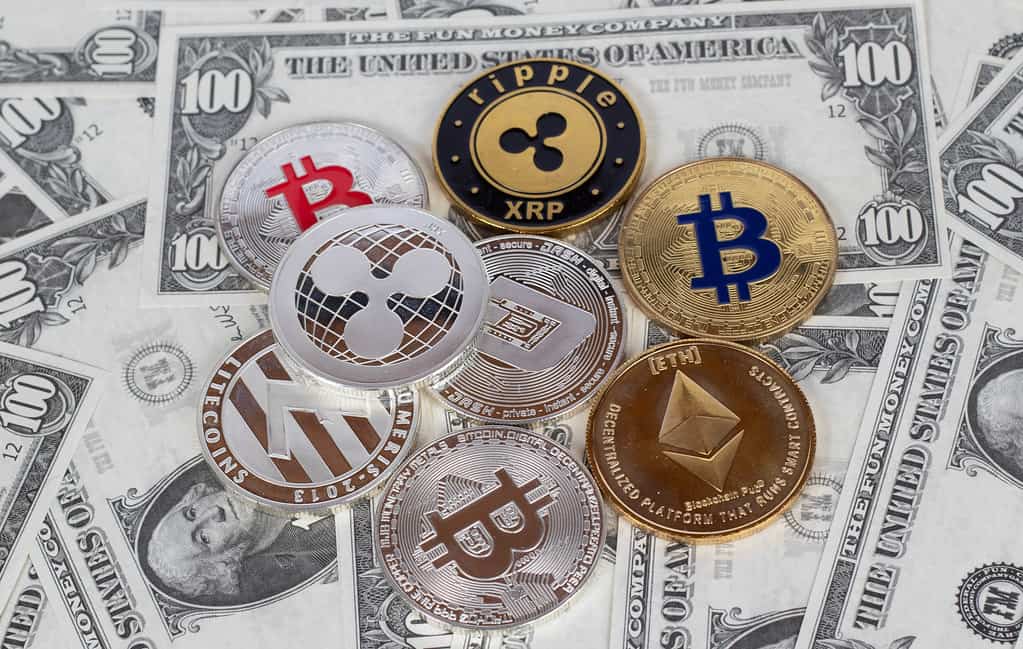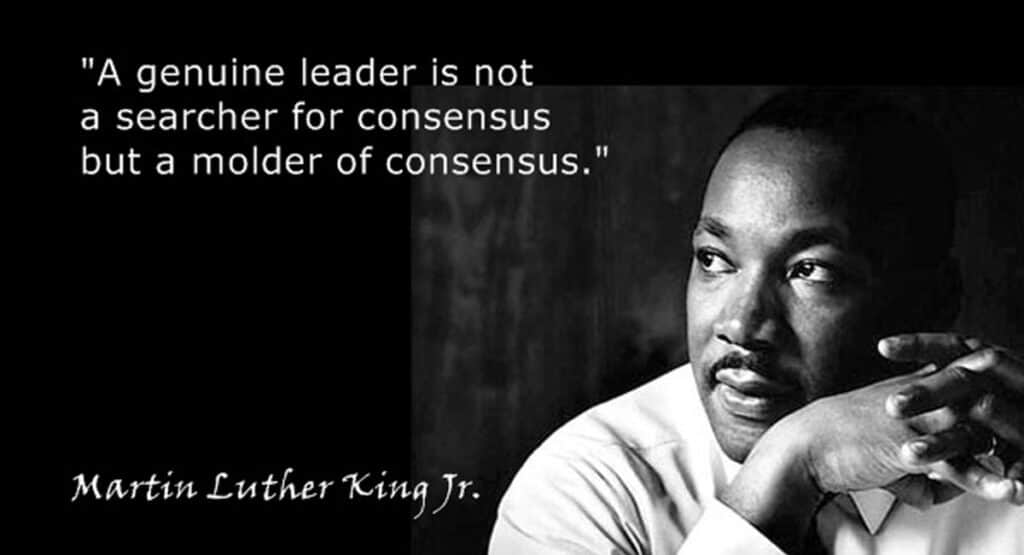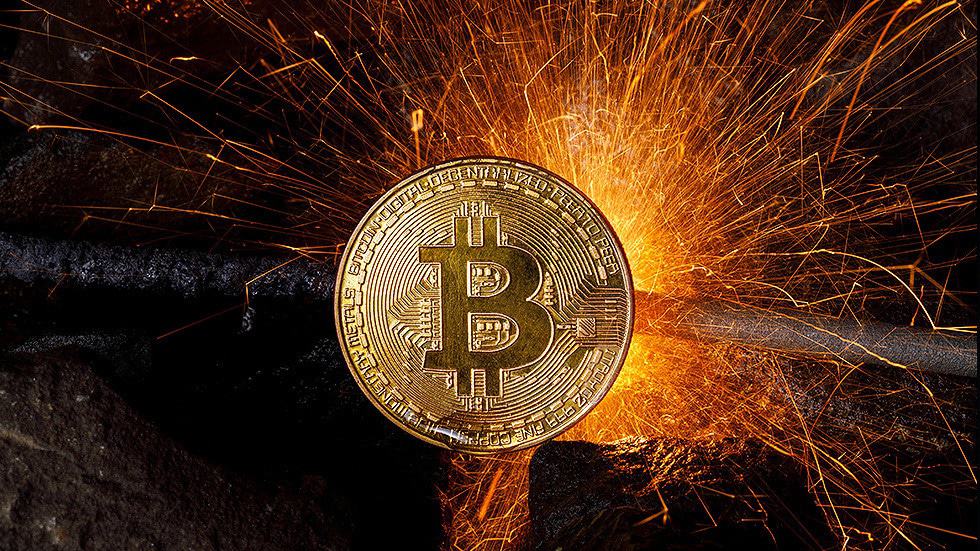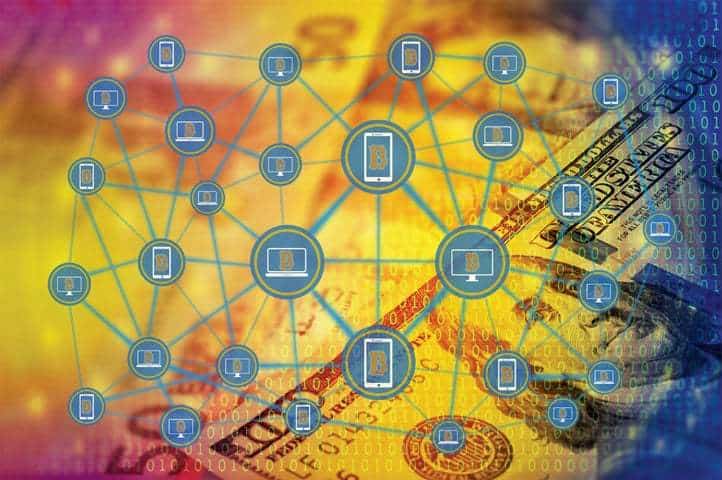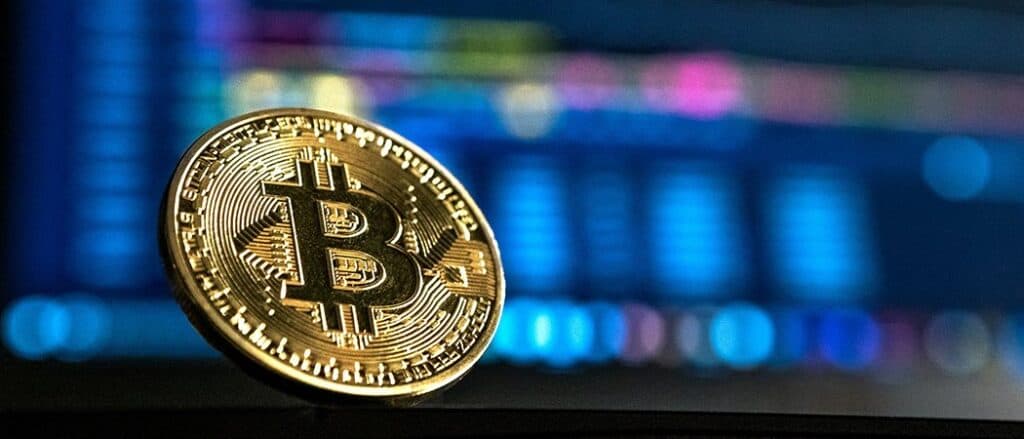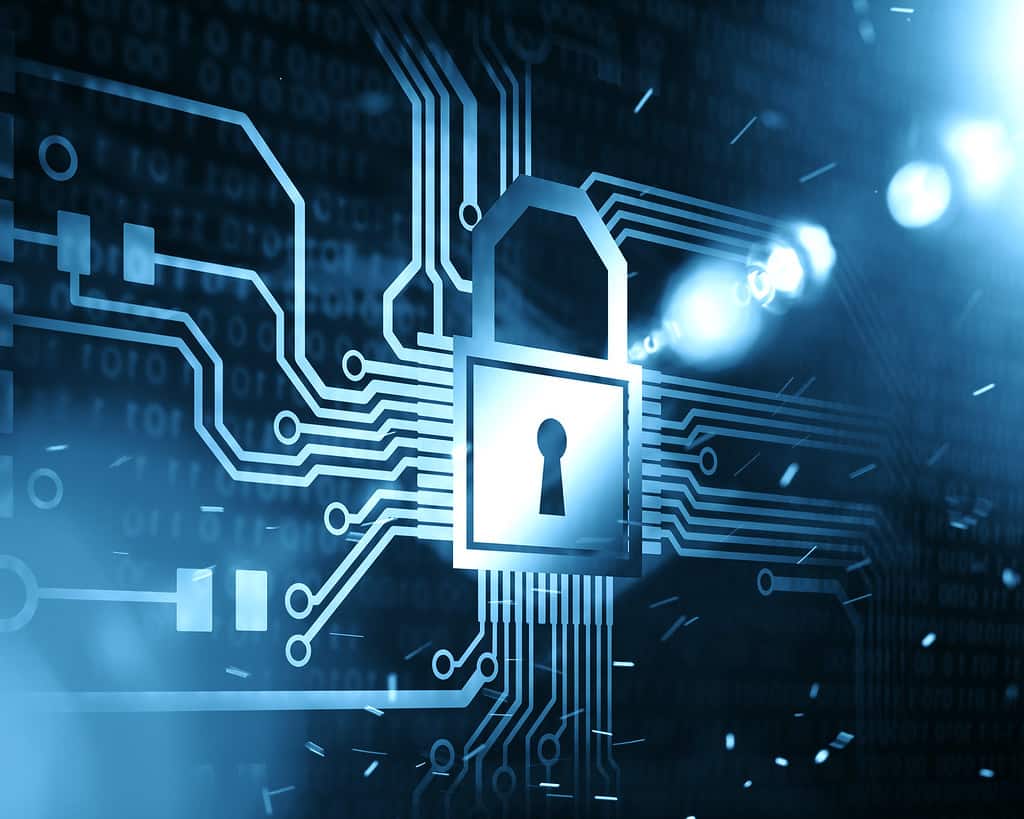The Coinbase exchange is the first among all centralized exchanges to side with governments and support the sanctions imposed on Russia. Thousands of addresses have been blocked.
Brian Armstrong on the side of the law
Coinbase decided to block 25,000 addresses linked to Russian users suspected of engaging in illegal activity. The message of this issue was published on the official blog of the exchange.
Cryptocurrencies go hand in hand with freedom and independence. This is in controversy to the sanctions that the vast majority of Western countries currently impose on Russia. Many point out that implementing such plans are increasingly difficult in this world where cryptocurrencies exist. Coinbase CEO Brian Armstrong has no doubts about this. Thus, new user registration rules have been introduced in his exchange, making it possible for citizens of countries such as Russia, North Korea, Syria or Iran to experience considerable problems.
This topic was taken up on Twitter by Armstrong himself, who comments on the matter as follows:
1/ We've been seeing some questions/discussion around whether crypto can be used to avoid sanctions. A few thoughts…
— Brian Armstrong – barmstrong.eth (@brian_armstrong) March 4, 2022
“We’ve seen some questions/discussions about whether crypto can be used to avoid sanctions. Some thoughts…
Every U.S. company must comply with the law – it doesn’t matter if your company deals in dollars, cryptocurrencies, gold, real estate, or even non-financial assets. Sanctions laws apply to all individuals and companies in the US.
So it would be a mistake to think that crypto companies like Coinbase won’t comply with the law. Of course we will. That’s why we check people who sign up for our services against global watch lists and block transactions from IP addresses that may/should belong to sanctioned individuals or entities, just like any other regulated financial services business.
With that in mind, we do not believe there is much risk that Russian oligarchs will use cryptocurrencies to evade sanctions. Since this is an open book, an attempt to smuggle a large amount of money via cryptocurrencies would be more traceable than using cash in U.S. dollars, art, gold or other assets.”
Are all Russians without access to their funds?
Later in the statement, Armstrong also points out that there are many Russians who, watching the collapse of the Russian ruble, are trying to hedge the value of their money. They are also using cryptocurrencies for this purpose. With some of them speaking out against the actions of their government, Armstrong believes that they deserve access to basic financial services. He entrusts the Coinbase CEO with the decision of the U.S. government to continue operating their accounts.
Despite the many different opinions, it can be seen that in this way, cryptocurrencies may not always be a “safe financial haven,” especially when you store your funds on exchanges.

